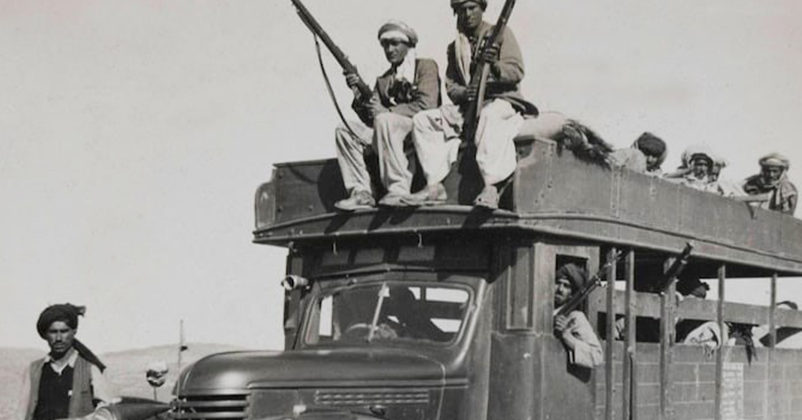Pakistani invasion of Jammu and Kashmir and fall of Uri in 1947
Total Views |

Pakistani raiders invaded J&K with the backing of Pakistan army in October 1947.
The Uri sector in Jammu and Kashmir played a significant role in the 1947-48 Indo-Pak War. In October 1947, as the princely state of Jammu and Kashmir was facing a tribal invasion backed by Pakistan, the town of Uri became a focal point of war. The Pakistani tribal forces, along with Pakistani military support, attacked Uri, and after Muzaffarabad, Uri town also fell to them but temporarily. However, it was subsequently recaptured by Indian forces.
The invasion of Uri was part of a broader effort to seize control of the princely state of Jammu and Kashmir, which had not yet decided whether to join India or Pakistan. The town of Uri, located in the northern part of the state, witnessed intense bloodshed during Pakistani invasion.
After Muzaffrabad’s fall on October 23, 1947, the Pakistani invaders moved forward and contacted Uri. The State Forces at Uri under the personal leadership of Brigadier Rajinder Singh though hampered by the desertion of Muslim troops, fought gallantly to the last man and last round. Uri fell after two days of bitter combat on October 25. The attackers, consisting of tribal militants and elements of the Pakistani military, crossed into the Uri sector of Jammu and Kashmir and captured the town.
On October 24, 1947, Maharaja Hari Singh, the ruler of princely state of J&K, seeing the gravity of the situation, approached the Indian Government for assistance on October 24. He agreed to accede to India and to sign the treaty of accession. The Indian Government agreed to the Maharaja's request. The Instrument of Accession was signed on October 26. The road communication from Jammu to Srinagar over the Banihal Pass was an indifferent track 300 kms long. It was not fit for induction of Indian troops into the Valley. The first Indian troops had to be air lifted and landed at Srinagar on October 27, 1947.

